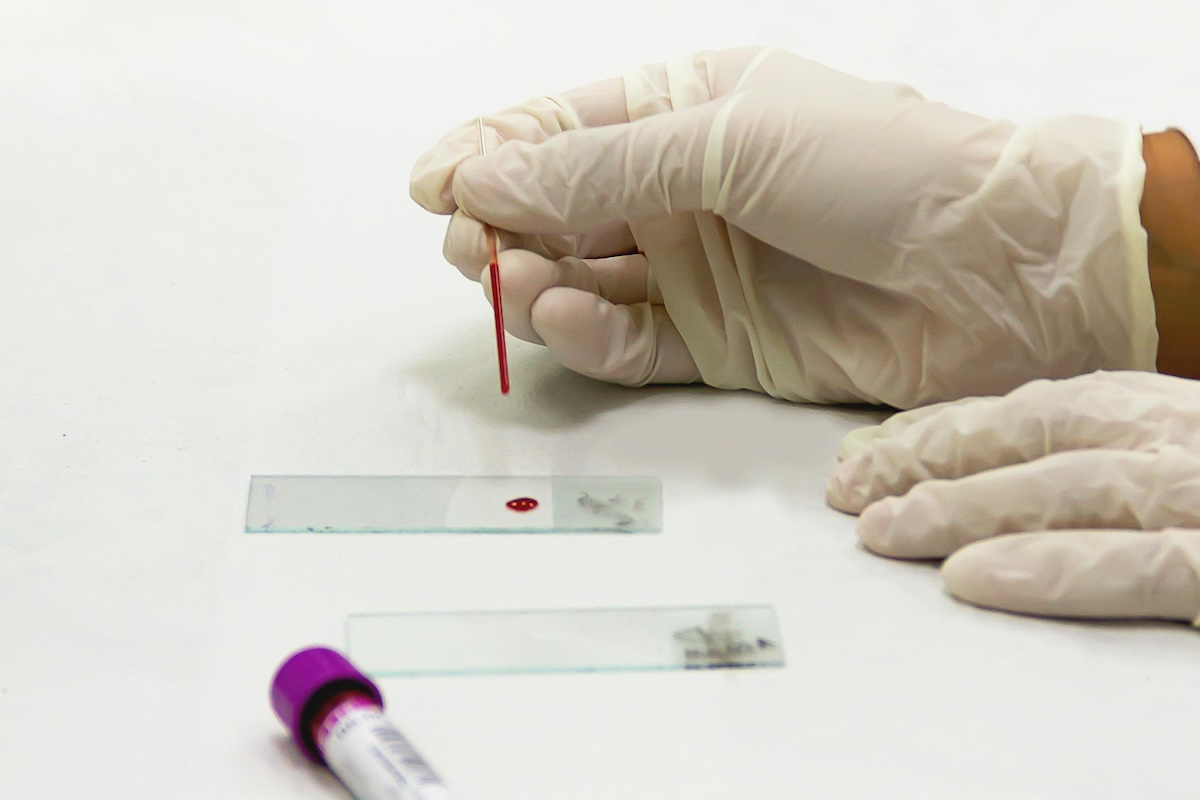I’m surgically menopausal at age 37. What are my estrogen options, and what is the duration of HRT? My hot flashes aren’t bad, but I can’t get a clear answer from the research whether there are bone/cancer/heart-related benefits to HRT for super-young women in menopause and whether those benefits endure past when you stop taking the estrogen?
—Hannah
Surgical menopause — menopause that results from surgically removing the ovaries — can be challenging to navigate. For many women, the sudden drop in estrogen following surgery can result in frequent hot flushes and night sweats that can be severe. The key to understanding your treatment options after surgical menopause is why you had the procedure to begin with.
There are a number of reasons why women have their ovaries removed. If you had your ovaries removed because you have a history of hormone-receptor-positive breast cancer or because you have a genetic mutation that predisposes you to hormone-receptor-positive breast cancer, you may need or want to avoid systemic estrogen, although vaginal estrogen may be okay. Discussing your options with your oncologist will be important.

On the other hand, if you had your ovaries removed for nearly any other indication, including a personal history of many types of gynecologic cancers, estrogen is likely a safe option for you. In fact, the current recommendations suggest that women who have menopause for any reason before age 40 should consider taking hormone replacement therapy until the average age of menopause, which is 51. We think this supports good bone and cardiovascular health.
While the guidelines around HRT in women who experience early menopause are clear, the data supporting those recommendations is less so. Studies of HRT on cardiovascular risk are difficult to execute. Young women are at very low risk for cardiovascular disease. We would have to follow study participants for years, even decades, to see a benefit of estrogen on cardiovascular health. This is both logistically challenging and expensive. As a result, the available data can be difficult to interpret.
If estrogen is an option for you, transdermal estrogen — estrogen given through the skin as a patch or gel — is preferred in most cases due to its track record for safety. When you take estrogen in pill form, it passes through your liver before entering your bloodstream, a process called first-pass metabolism. Estrogen absorbed through the skin passes straight into the bloodstream without first passing through the liver. We think this difference accounts for the safety differences we see between pills and transdermal estrogen.
If estrogen is not an option for you, a non-hormonal option like Veozah may be a good option for treating any perimenopausal symptoms you experience.
The takeaway: Whether or not HRT is safe for women after surgical menopause depends on why she had her ovaries removed to begin with. If HRT is an option, the current recommendations suggest continuing HRT until at least the average age of menopause.
Community Guidelines




















Log in
Maybe there’s another article that deals with this, but I wonder if you can also speak to the safety of estrogen supplementation during breast-feeding, for older mothers who start menopause while still caring for small children. Thank you.